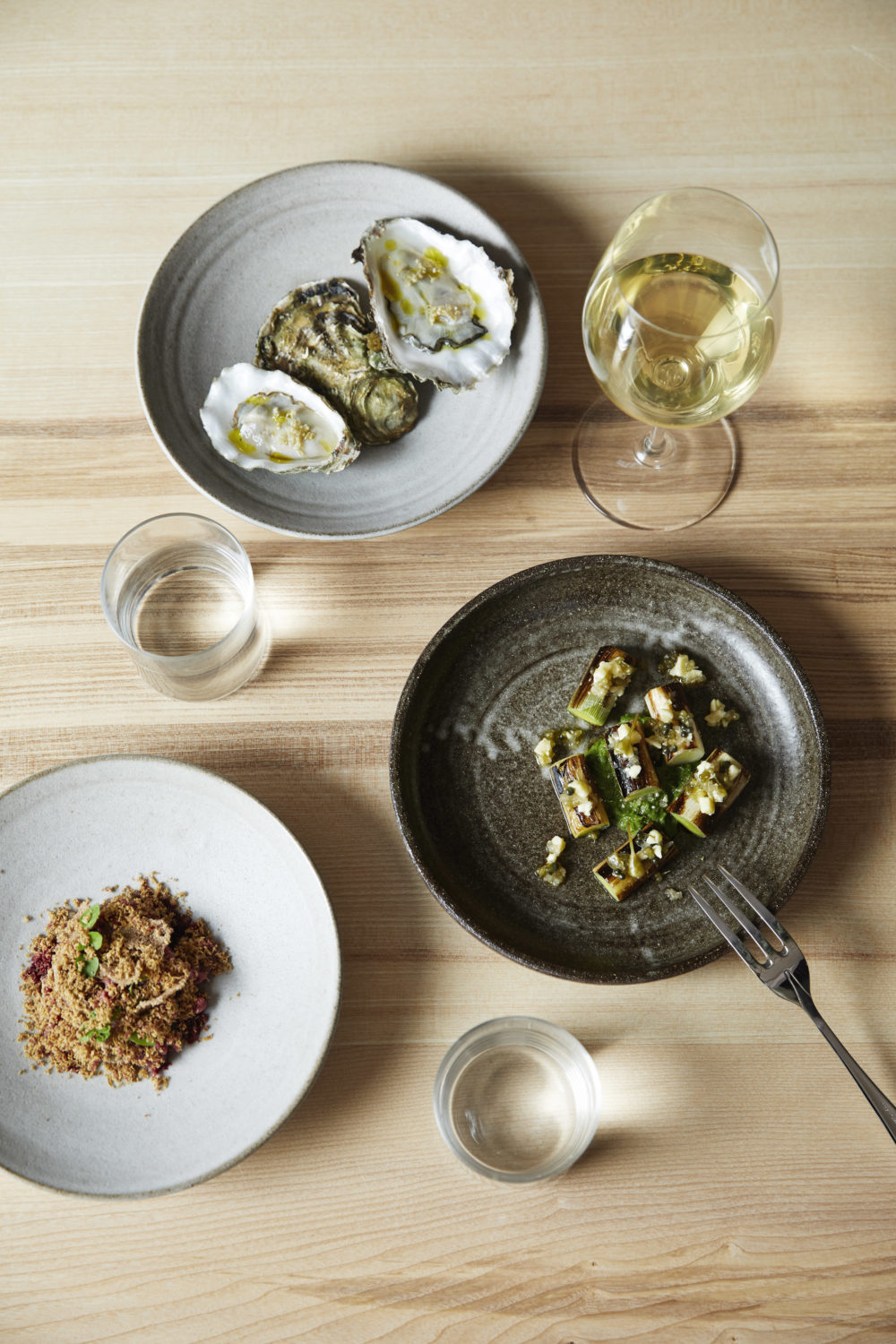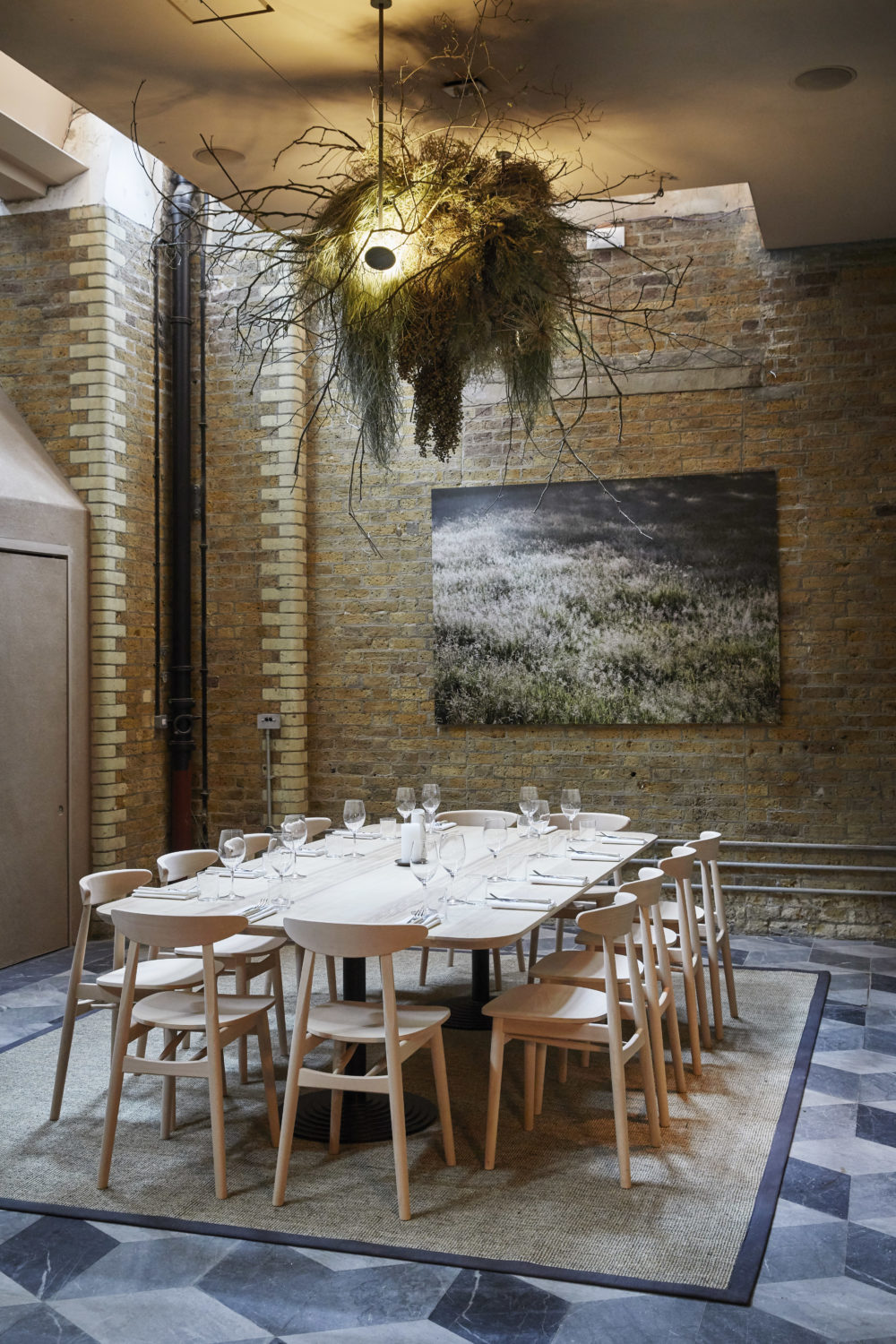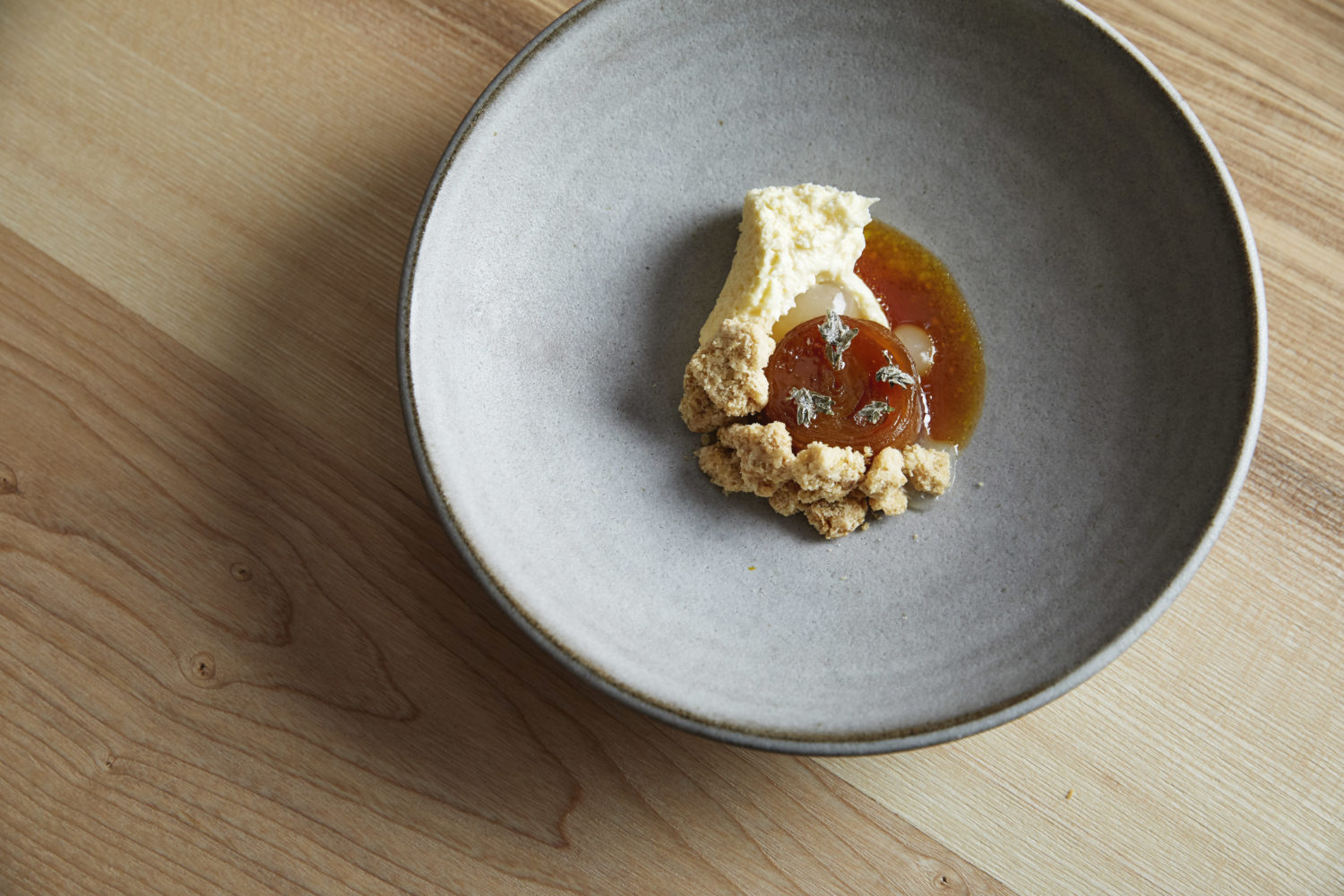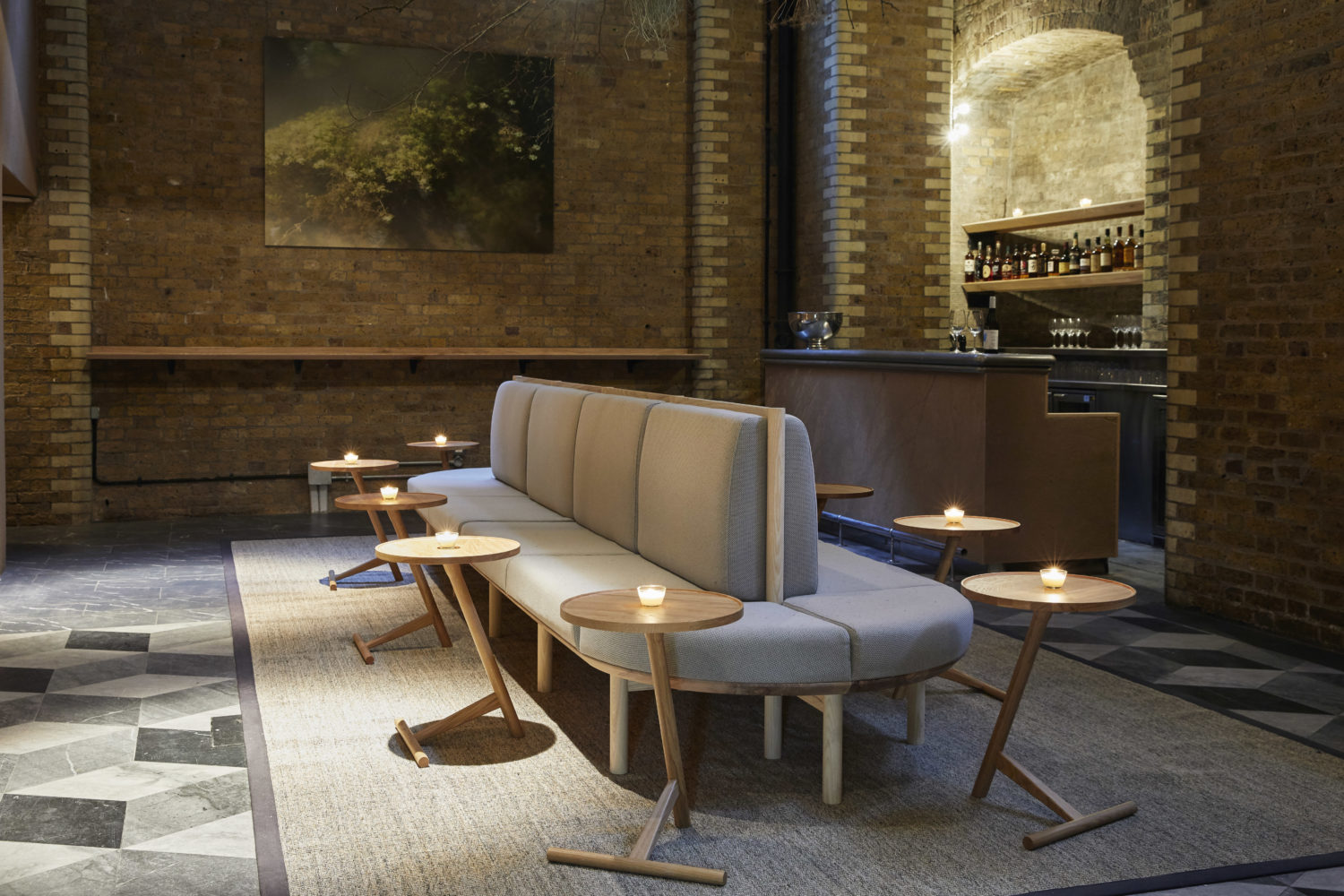Interview: Chef Richard Mclellan On His First Solo Venture, Wilder At The Boundary London
By Something CuratedPreviously of Typing Room and Michelin-starred Alyn Williams at The Westbury, British chef Richard McLellan has partnered with Sir Terence Conran to open his first solo venture, Wilder, in the basement of Shoreditch institution the Boundary London. Inspired by McLellan’s supper clubs of the same name, where each dish included a wild element, the menu at Wilder has many ingredients foraged by McLellan himself. The newly opened 60-cover site has been designed by Kirkwood and McCarthy, with a focus on earthy tones and textures, from exposed brickwork, and walls rendered with an old-fashioned clay technique, to Ash wood tables from Jan Hendzel. To learn more about the new project and the thinking behind its menu, Something Curated spoke with McLellan.

Something Curated: Can you give us some insight into your background and how you entered this field?
Richard McLellan: After travelling extensively around the Middle East and Europe as a teenager, as a way of funding my trip I found myself working in the food and drinks industry. Coming back to the UK in my early twenties I moved to London, starting my first job as a Commis Chef at Daphne’s restaurant in South Kensington. I fell for cheffing and the rest is history.
SC: Tell us about your supper clubs.
RM: I had the idea for Wilder in my head for a while and found the opportunity to collaborate with two others doing very interesting things within their East London spaces [Hackney cocktail den Scout and Rye London]. The main concept of the supper clubs was the inclusion of a wild ingredient in every course, which developed into the concept for Wilder as it exists now.
SC: How has the process been working with Sir Terence Conran?
RM: Sir Terence and the whole family have been so supportive and excited about the project from the start. Since cooking for him at Barton Court, he has been generous with resources from the estate and his incredible knowledge of the hospitality industry.

SC: What is the thinking behind the restaurant’s constantly evolving menu?
RM: A large focus of the menu is seasonal British ingredients and so the menu naturally evolves with the seasons and stocks of fermented or dried ingredients.
SC: Can you tell us about your approach to sourcing?
RM: The provenance and welfare of the animals and ethical and responsible sourcing of all our ingredients has always been a priority. The longhorn on our menu, for example, comes from a small farm in Henley called English Farm. What’s interesting about the farm is the way in which the land stock is managed so that the eco-system is perfectly balanced. On my visit in the summer the fields were full of bees, flowers, birds and the small mammals that feed on them. This method of farming cares about the natural environment in a broader sense than just of what is profitable. The cattle always feed on long pasture, which contains clovers, grasses and a variety of plants. With this diet the cattle are resilient and healthy. The cattle also never come inside and as they are not fed any protein they, essentially, fart less and so produce less methane. The farm only kills one animal a week so all the beef we use across the kitchen comes from one singular cow.

SC: How has your time at Typing Room and Alyn Williams at The Westbury influenced the way you work?
RM: I’ve met some amazing contacts who I still work with now.
SC: What do you consider when it comes to the presentation of dishes?
RM: I try to present and construct my dishes in a way that when the diner receives a plate and takes a mouthful, each element will be present and therefore each mouthful will contain the flavour and balance of the entire dish. Of course, I also like the food to look appealing, but nothing is included that doesn’t contribute to the taste.

SC: Do you have any favourite ingredients that you regularly work with?
RM: All of our vinegars. We don’t use citrus in the kitchen so it’s amazing to develop dishes with our vinegars that have been infused with different spices, herbs, vegetables and flowers. There are a dozen different ones on the go right now.
SC: What do you think is unique about London’s food offering?
RM: The diversity. And the skill and professionalism of the kitchen teams. I think there are some great chefs out there from all over the world cooking some really fine fare.
Feature image: Wilder (Photo: Ola Osmit)